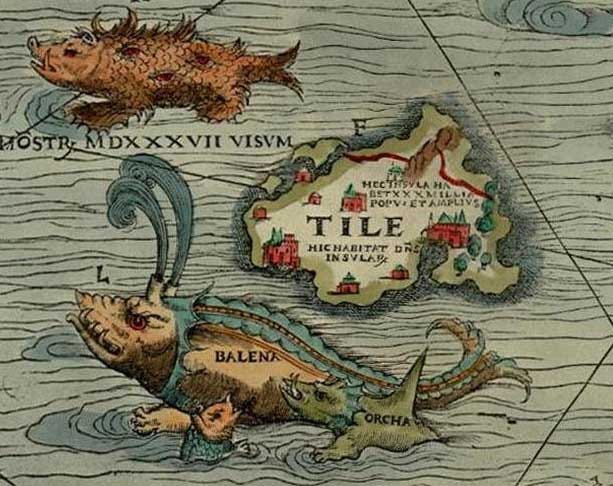The ultima Thule
I had book club at my house Friday night. The deal is that when you host you get to choose the book. I always feel a certain amount of angst over this because I feel like my book choices are eccentric, but I chose The Course of Love by Alain de Botton. The truth is that I don’t read a whole lot of modern fiction (because I have found a certain proportion of it not worth finishing) and I have enjoyed a lot of Alain de Botton’s non-fiction works, and so I read this one last year, and thought it was a sensible and realistic look at what ordinary relationships look like after the wedding, and something of a corrective to “Romanticism”. I actually found it quite fascinating, perhaps because romantic interactions have never been to me anything but an elusive disappointment (more, though, because the man lacked the loyalty and commitment, not to mention the genuine interest, to pursue the relationship into a real existence, than because of the quality of any relationship that ensued – though the lack of initiative did not bode well for any future, as I do not want a passive husband who does not consider me worth it, and would find it hard to respect, and feel loved by, a man who expected me to take the action). They have become for me the ultima Thule, about which a certain curiosity prevails, or a kind of will-o’-the-wisp, in the sense of something that keeps disappearing or is unattainable (like my old friend ignis fatuus, but without necessarily being in themselves fatally destructive).
Picture from Wikipedia.
I have quoted from The Course of Love before last year, so here let me instead explain the ultima Thule. I have a fondness for archaic literary expressions that have come to realise symbolic meanings, if you hadn’t noticed. From Wikipedia 'The term ultima Thule in medieval geographies denotes any distant place located beyond the "borders of the known world"' and it has come now to mean 'a distant and unknown region', an unattainable goal, somewhere considered unreachable (once thought to be Ireland, Greenland, Iceland, Norway, other British Islands ... it's up for contention). I have added the phrase to my repertoire, if only internally, as quoting archaic and symbolic latin phrases is not the surest way to win friends and influence people. In my explorations I also found in Wikipedia (on the link above) a fabulous poem by Edgar Allan Poe referencing Thule, called Dreamland. It is worth reading all five stanzas, as it sings so wonderfully, but here is the first and the last two.
DREAM-LAND
By a route obscure and lonely, Haunted by ill angels only, Where an Eidolon, named NIGHT, On a black throne reigns upright, I have reached these lands but newly From an ultimate dim Thule— From a wild weird clime that lieth, sublime, Out of SPACE—out of TIME.
...
For the heart whose woes are legion 'Tis a peaceful, soothing region— For the spirit that walks in shadow 'Tis—oh 'tis an Eldorado! But the traveller, travelling through it, May not—dare not openly view it; Never its mysteries are exposed To the weak human eye unclosed; So wills its King, who hath forbid The uplifting of the fringed lid; And thus the sad Soul that here passes Beholds it but through darkened glasses.
By a route obscure and lonely, Haunted by ill angels only, Where an Eidolon, named NIGHT, On a black throne reigns upright, I have wandered home but newly From this ultimate dim Thule.
~Edgar Allan Poe
Is that not an excellent little piece of poetry? One to read around a campfire someday.



